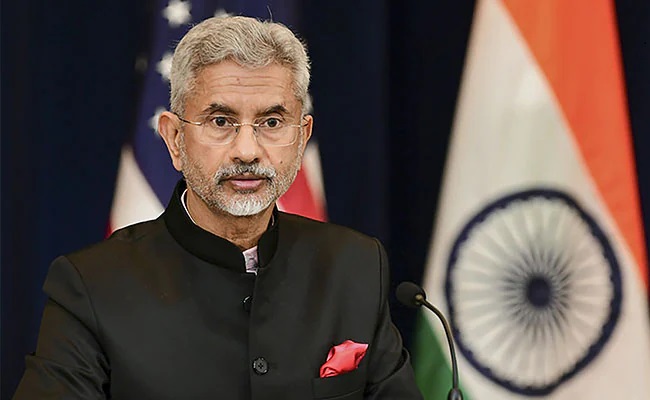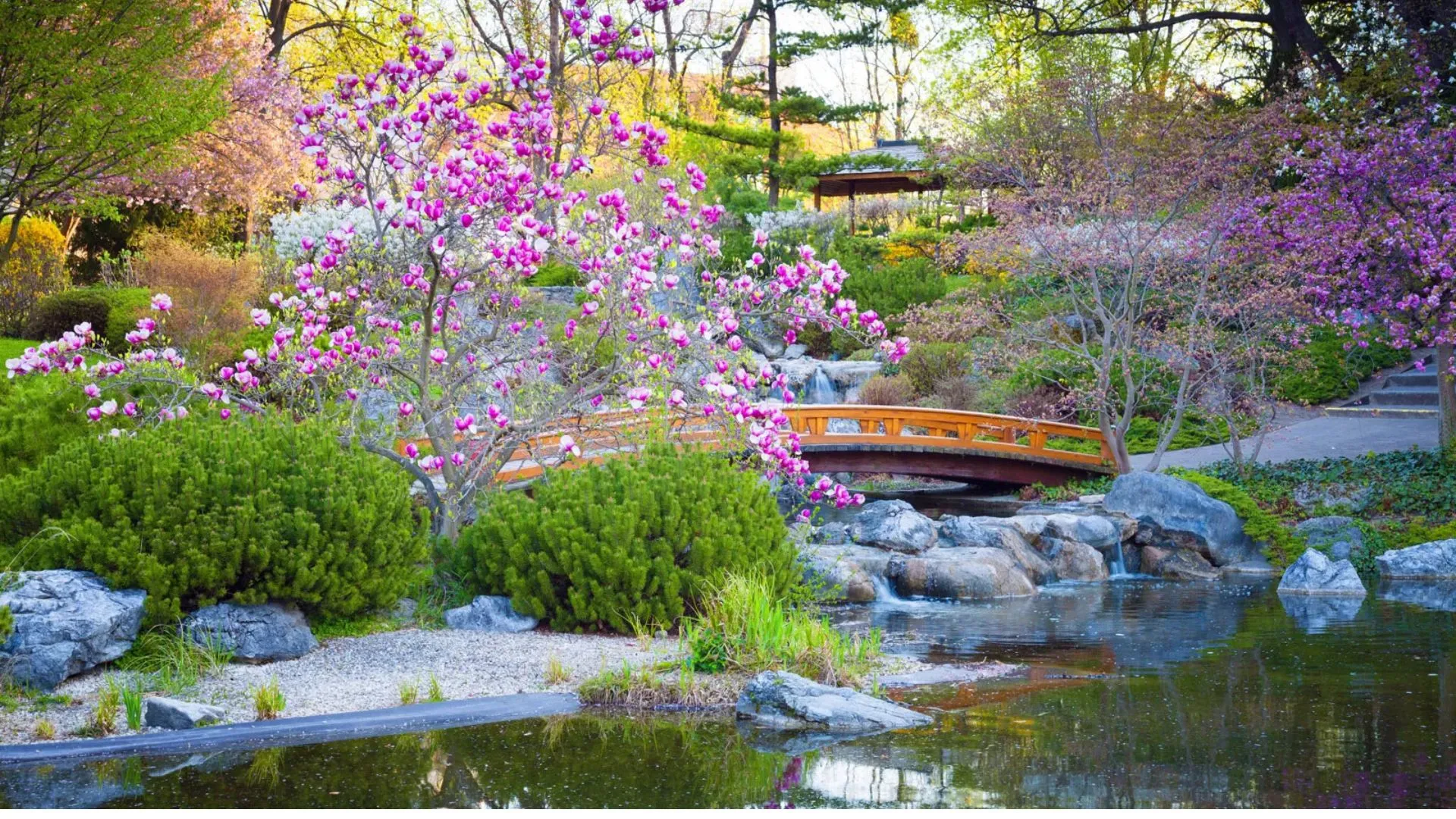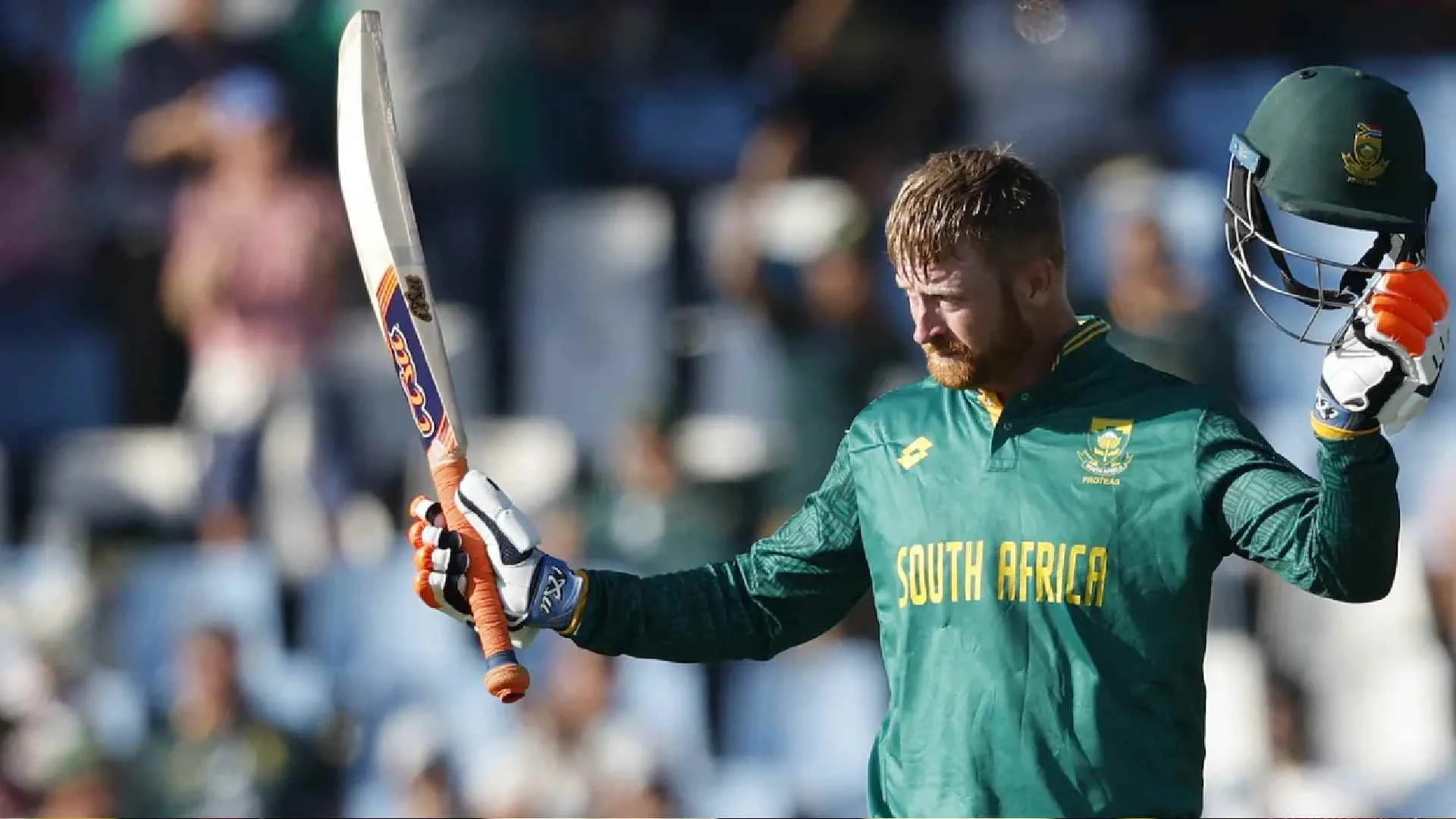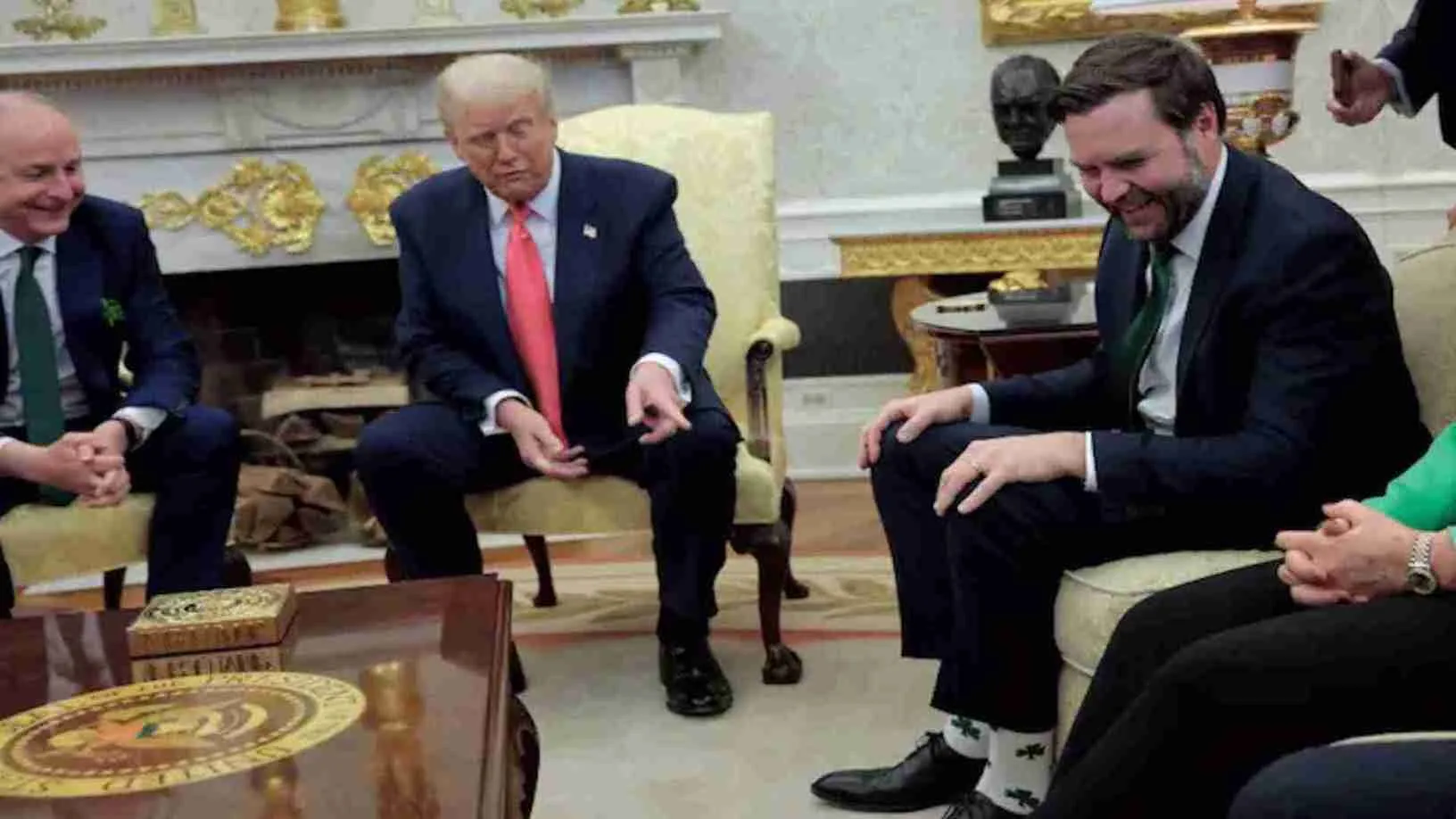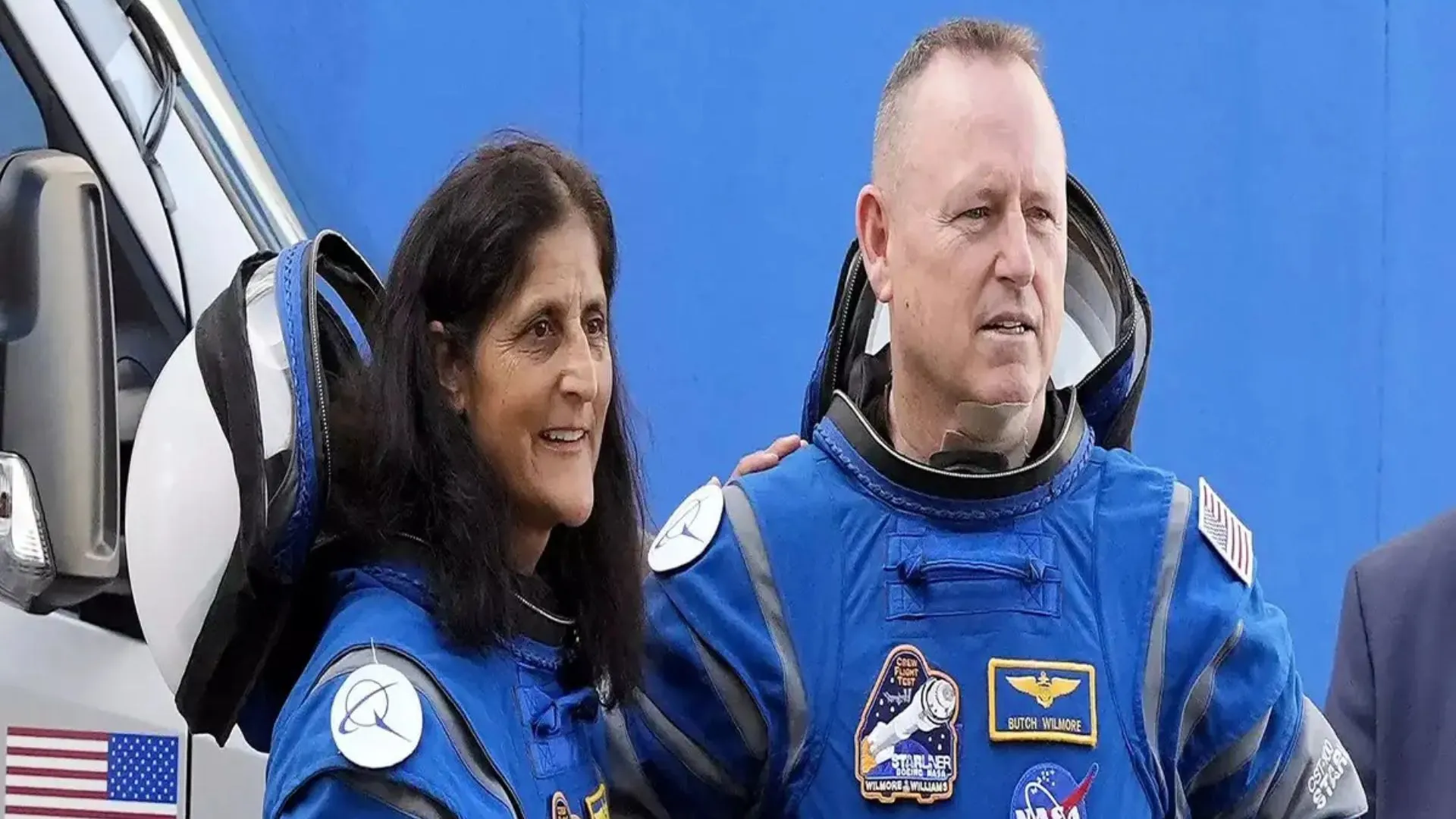External Affairs Minister S Jaishankar on Thursday said that a permanent seat, as well as reforms of the UN Security Council, remains India’s main priority. He asserted that India voices the interest and aspirations of a broad set of countries and added that the contemporary global issues cannot be solved by few countries only.
Jaishankar was addressing Auckland Community business. He said, “There is a widespread acceptance that the problems of today cannot be solved by one, two or even five of the countries in the United Nations Security Council. When we look at the reforms at the United Nations Security Council, we have an interest in becoming a permanent member of the security council.”
Currently, United Nations Security Council, also known as the Permanent Five or P5, are China, France, Russia, the United Kingdom, and the United States and India has been reiterating its bid for a permanent seat at the UN Security Council.
Over the multilateral Regional Comprehensive Economic Partnership (RCEP) grouping, External Affairs Minister Jaishankar reiterated that not joining RCEP was the “right decision.”
During Jaishankar’s address to Auckland Community business, he noted, “When it came to the RCEP, we took a decision in 2019 not to proceed in joining the RCEP. We weigh the pros and cons. We did an evaluation and many of the critical issues were not addressed in the final outcome.”
He continued saying, “India went back to the other 15 countries and shared some of its anxieties with them but they collectively took the view that they had gone as far as they could. So we decided that it was not in our interest.”
India joined the 15-nation ‘Regional Comprehensive Economic Partnership (RCEP) negotiations in 2012. In 2019, 15 nations, including China, Japan, South Korea, Australia, and New Zealand among others, signed the free trade agreement. However, India walked out of the negotiations, citing national interests.
Jaishankar also said that the entire world is suffering from the Russia-Ukraine war and mentioned the Taliban takeover in Afghanistan as also a big issue.

